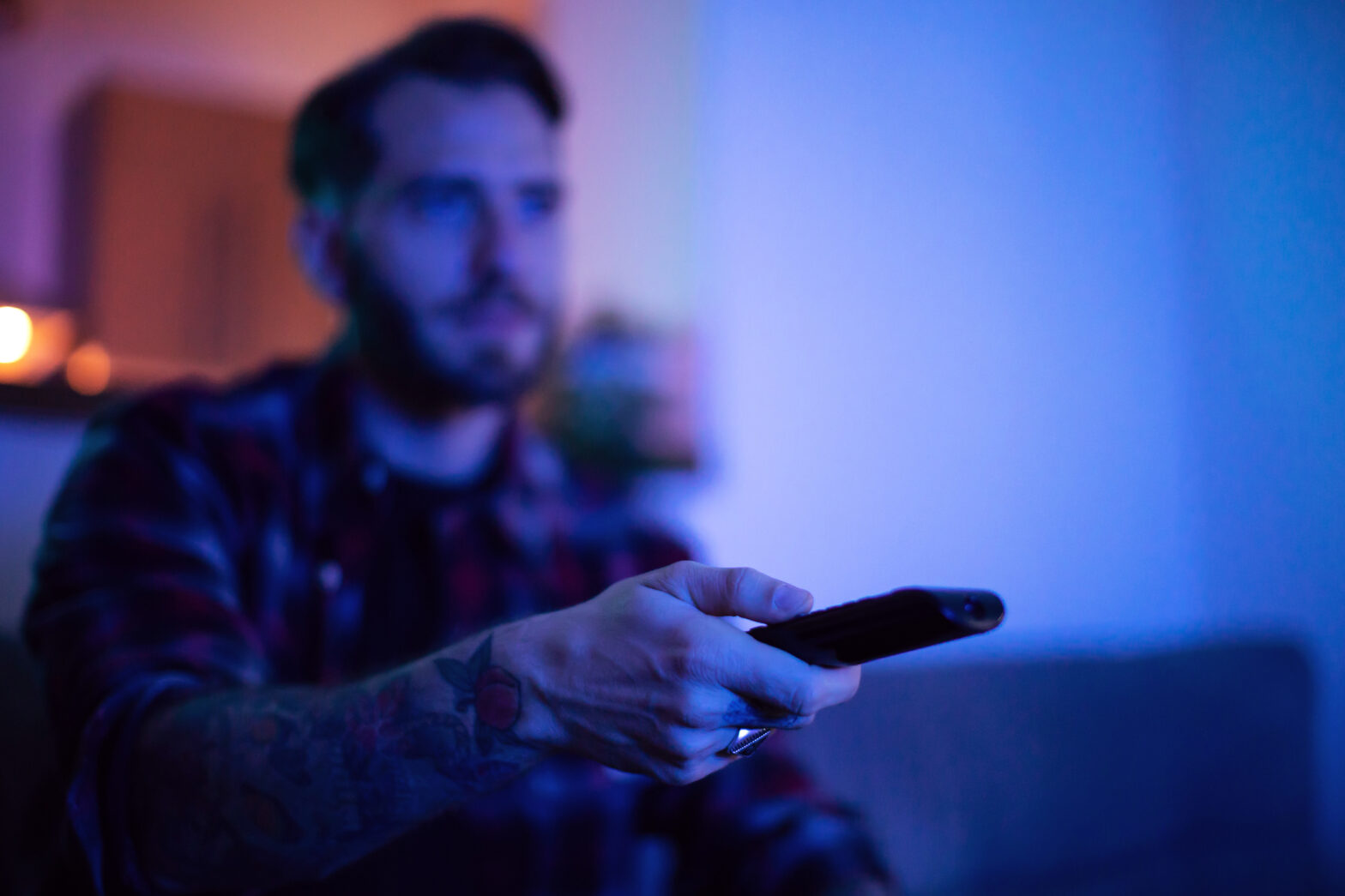A study released for International Men’s Day, Connecting with men: How brands can decode modern masculinity, draws on data from Kantar’s LINK database, Brand Inclusion Index, US MONITOR, and qualitative analysis across Brazil, Thailand, Turkey, and the US.
The big picture
- More than twice as many LGBTQ+ men feel negatively represented by advertising (20%) compared with non-LGBTQ+ men (8%).
- Almost a third (30%) of men with a thinking or learning disability feel poorly represented, along with 20% of men with mental health conditions and 16% of men with any disability (that’s versus just 7% of men with no disability).
- Two thirds of men in adverts are under 40, with older experiences often neglected.
- One quarter of American Gen Z men see themselves as either equally masculine and feminine or more feminine – three times more than Boomers.
Where’s the male perspective?
- Only 24% of baby product ads are tested with men which points to a missed opportunity to engage the growing audience of fathers actively involved in childcare. (More ads for pet products are tested with both genders (95%) than ads for baby care and food.)
- Men are taking on more responsibilities at home, but only 15% of ad testing in home care seeks feedback from men. This is despite the fact that ads that portray men as active decision-makers in domestic life drive stronger engagement and resonate better.
- Despite 40% of men using skin care products, 91% of creative testing focuses only on women. Brands need to rethink how they market to men, focusing more on emotional well-being and physical self-care.
Why masculinities matter for brands
Amid a rise in mental health concerns, the emergence of toxic ‘role models’, and changing expectations in family and work life, men are struggling to redefine their roles. It’s a topic WARC raised in last year’s Marketer’s Toolkit, which found that almost two out of three marketers surveyed believe there is a need to change how they communicate with young men. Now comes evidence that it’s not just a social issue but a business imperative.
Key quote
“Masculinity matters to marketers because advertising is part of the cultural fabric and shapes how we see men. Brands that let go of old stereotypes will not only build stronger connections but also drive real growth and positive change. Those that don’t embrace a broader view of masculinity risk losing ground to competitors that are more progressive”
Věra Šídlová, global creative thought leadership director at Kantar.
Sourced from Kantar by warc.com

